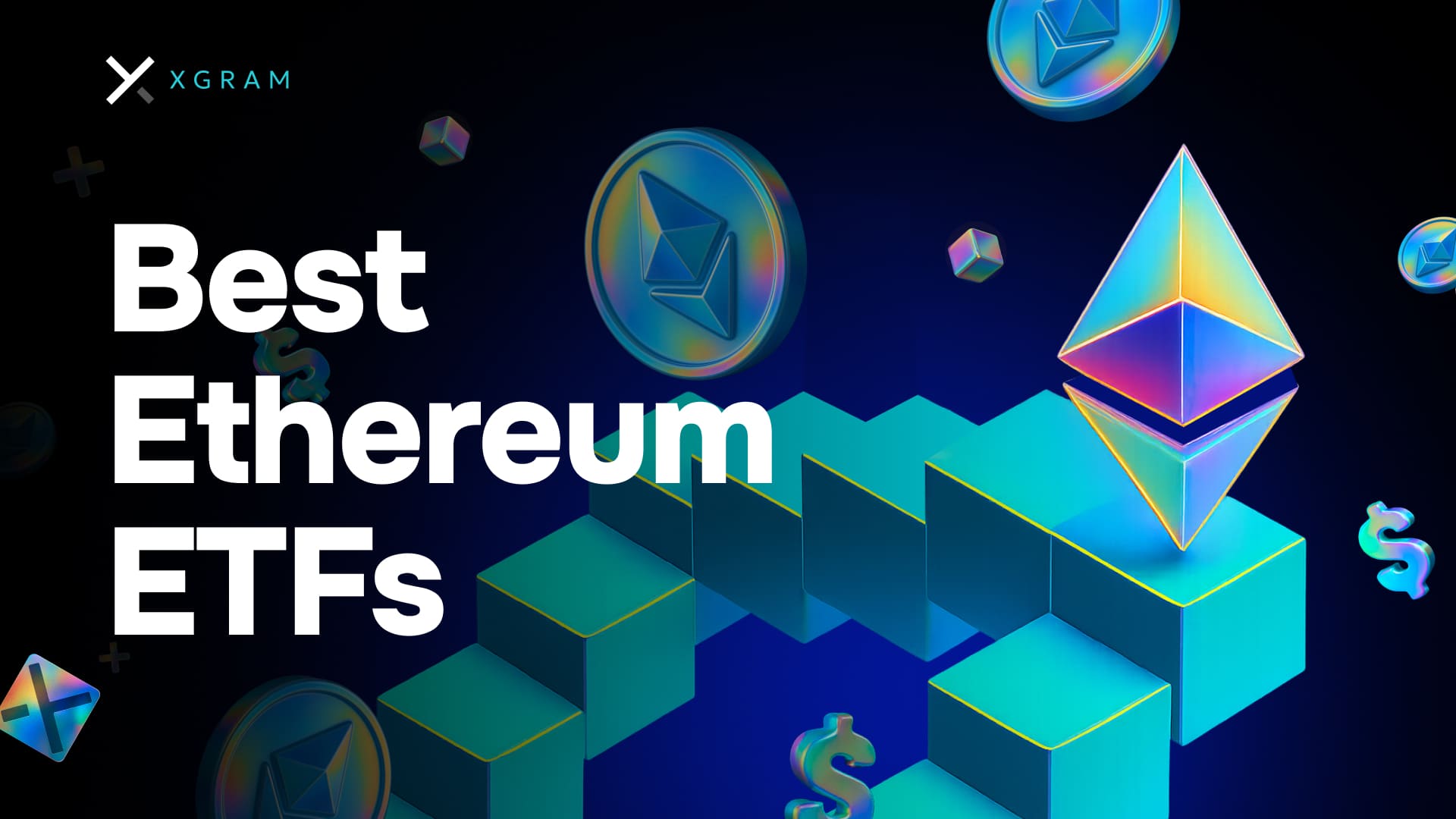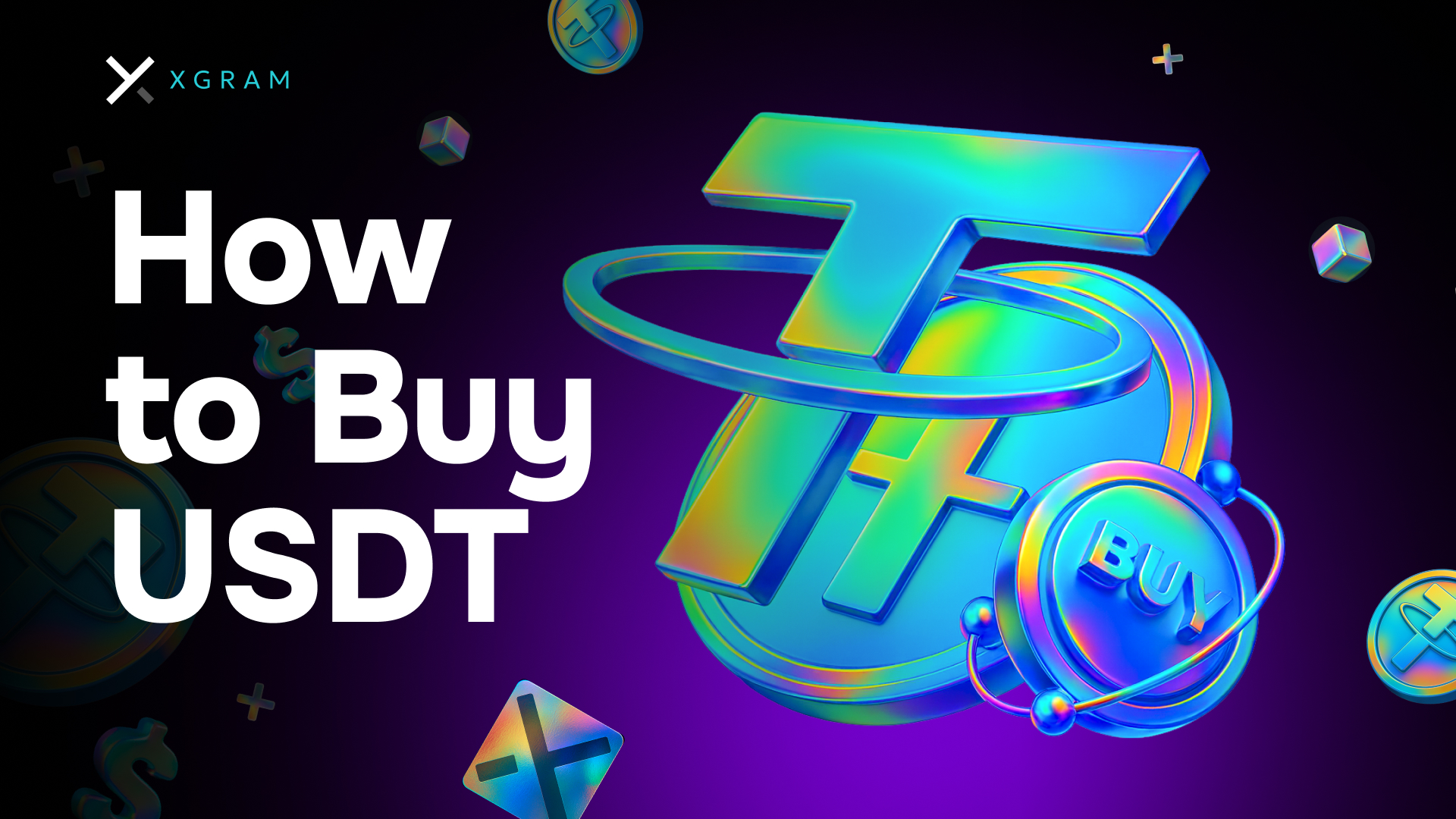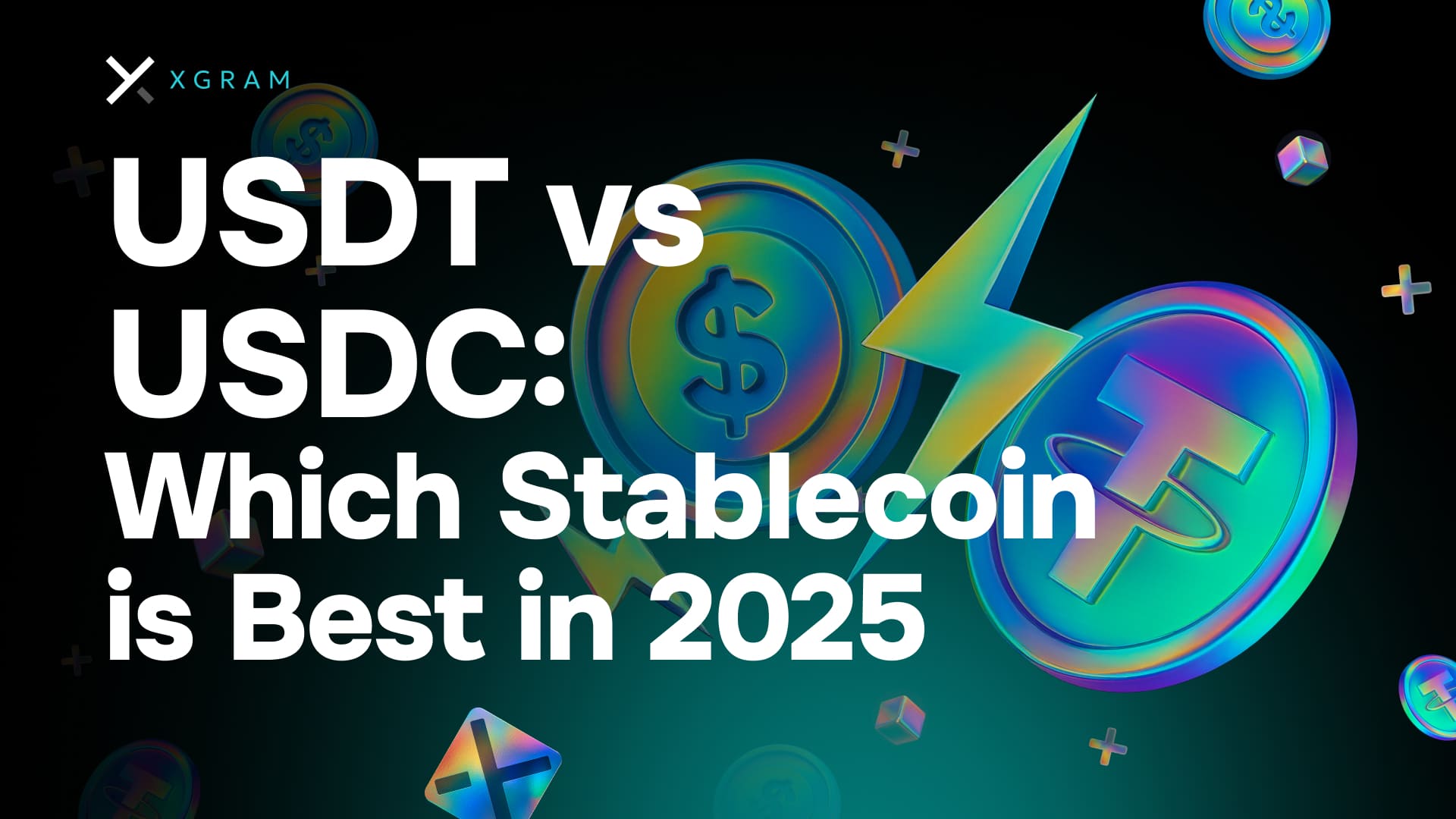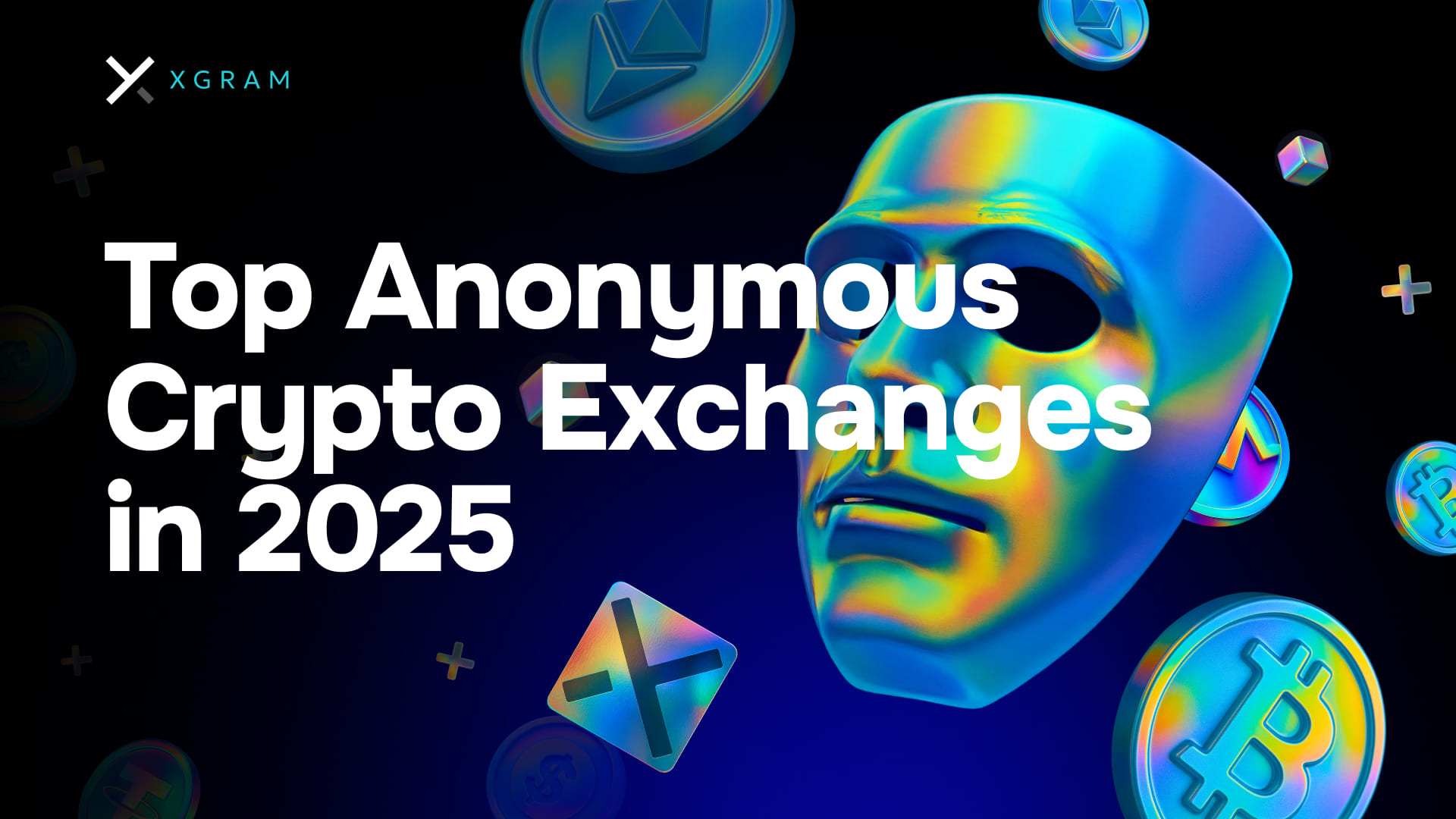Why consider an Ethereum ETF
You might already know that Ethereum is a leading blockchain platform, powering thousands of decentralized apps (dApps). Despite its promise, getting direct Ethereum exposure can feel complicated—especially if you are not interested in managing private keys or navigating crypto exchanges. A 2024 investor poll found that nearly 58% of new crypto adopters prefer an exchange-traded fund (ETF) over direct coin ownership, mostly because an ETF trades like any stock, fits into many brokerage accounts, and simplifies tax reporting.
In essence, an Ethereum ETF eases your entry into this evolving market by packaging Ether (or futures contracts tied to Ether) inside a regulated structure. You avoid dealing directly with hot or cold wallets, and you get the transparency of a familiar investment vehicle. You also benefit from daily pricing and the ability to buy or sell during normal trading hours. Good news—several Ethereum ETFs now exist in jurisdictions around the globe.
Key factors to check
Before you settle on any fund that claims to be the best Ethereum ETF, take a closer look at three core elements:
- Fees and expenses
Every ETF has an expense ratio, which pays for management costs, marketing, and operational overhead. If the fee is high, you erode your potential gains. Make sure to compare a variety of funds to see if the returns justify the costs. - Liquidity and trading volume
High volume usually indicates that an ETF has many active buyers and sellers. This liquidity can help you execute trades near the underlying net asset value (NAV), reducing slippage (the difference between your expected price and the actual execution). - Issuer reliability
In a volatile market like crypto, it is wise to pick an ETF sponsor with a strong track record. Reputable issuers tend to follow robust custodial and regulatory procedures, which can reduce risk if something goes wrong.
Compare top Ethereum ETFs
Below is a curated list of well-known Ethereum ETFs that aim to provide Ether exposure in a regulated way. Each has different strengths when it comes to fees, liquidity, or issuer reliability. As always, do thorough research before you choose one.
1. Amplify Ether Strategy ETF
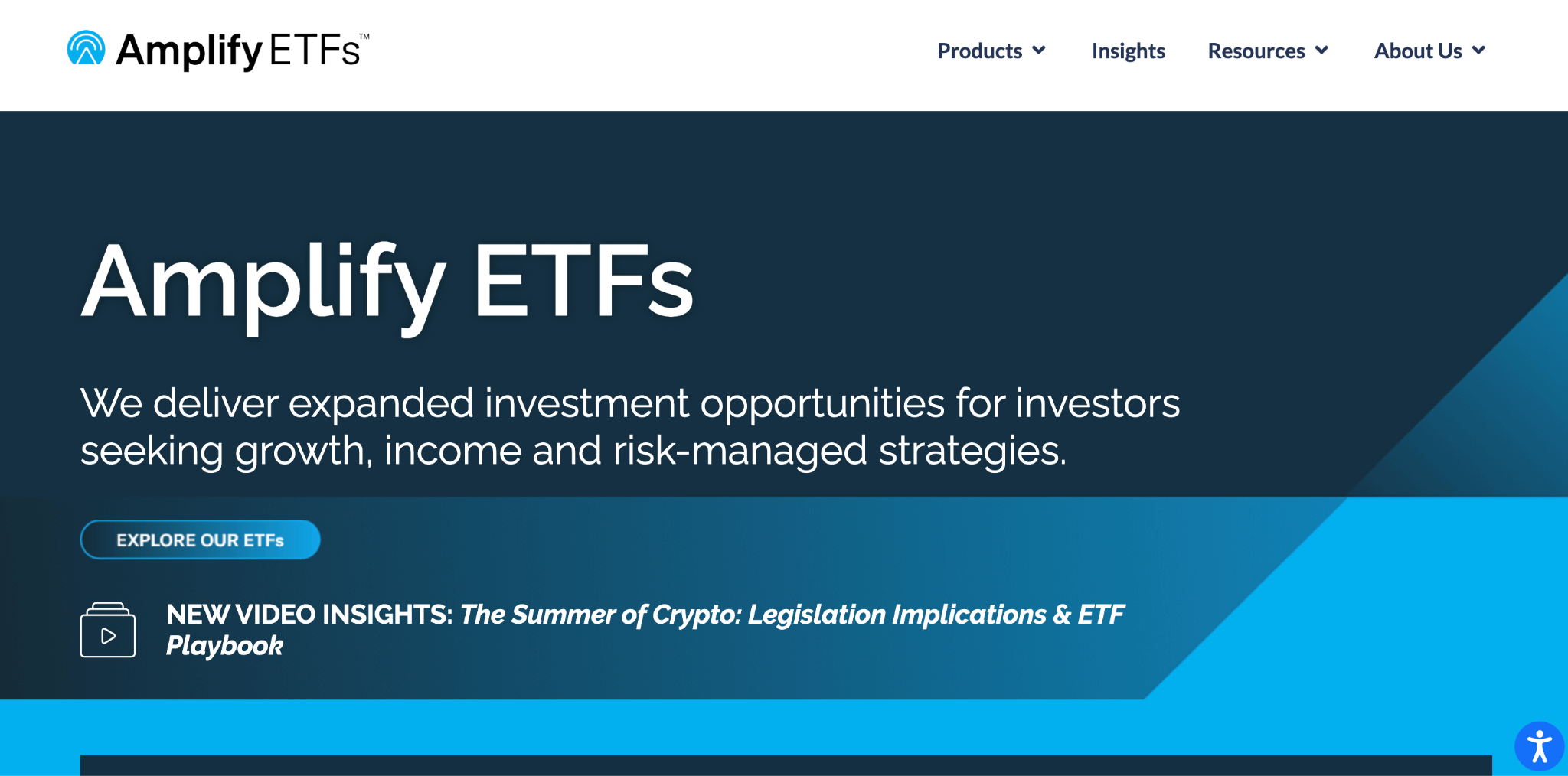
Amplify Ether Strategy ETF focuses primarily on Ethereum futures, which means it does not hold physical Ether. However, it offers convenient, easy market access.
- Issuer background: Amplify has a reputation for thematic ETFs, including blockchain-related funds.
- Expense ratio: Around 0.95% (varies by region).
- Trading style: Futures-based, so roll costs and basis risk may apply.
- Potential plus: Larger asset under management (AUM) than some competitors, so liquidity tends to be decent.
- Potential drawback: Does not directly track spot Ether. You might see discrepancies in performance versus owning Ethereum outright.
2. Purpose Ether ETF

Purpose Ether ETF is known for having one of the earliest spot-based Ether funds available in Canada. Thanks to its live market approach, its price is closely tied to Ether itself rather than futures contracts.
- Issuer background: Purpose Investments launched the first spot Bitcoin ETF in Canada and later created the Ether version.
- Expense ratio: Commonly around 1.00%.
- Trading style: Holds spot Ethereum, meaning it physically holds Ether in cold storage.
- Potential plus: Direct correlation with actual Ether movements.
- Potential drawback: At times, the ETF can trade slightly above or below its NAV due to supply and demand.
3. CI Galaxy Ethereum ETF

CI Galaxy Ethereum ETF is another Canada-listed fund that directly holds Ether in cold storage. It competes with Purpose Ether ETF on both fees and daily trading volume.
- Issuer background: CI Financial and Galaxy Digital partnered to offer multiple crypto funds. Galaxy Digital, founded by Mike Novogratz, specializes in digital assets.
- Expense ratio: Around 0.95%, typically lower than some peers.
- Trading style: Spot-based, invests in Ether stored securely offline.
- Potential plus: Broader sponsor background, with Galaxy Digital offering institutional-level custody services.
- Potential drawback: Canadian listing may present currency-conversion steps for some international investors.
4. VanEck Ethereum Strategy ETF

VanEck is a well-established name in ETF management, known for its commodity and emerging market offerings. Their Ethereum Strategy ETF invests in Ether futures contracts regulated by the Chicago Mercantile Exchange (CME).
- Issuer background: VanEck has been in the investment industry since the 1950s, which can inspire confidence.
- Expense ratio: Aims for a moderate fee range (~0.85–1.00%).
- Trading style: Futures-based, focusing on Ether futures on the CME.
- Potential plus: Backed by an experienced, reputable ETF provider.
- Potential drawback: As a futures fund, performance can diverge from direct Ether price action.
5. Grayscale Ethereum Trust (not an ETF)
%20%E2%80%A2.png)
While not technically an ETF, Grayscale Ethereum Trust is sometimes discussed alongside ETFs. It is structured as a trust that holds actual Ether, then issues shares representing that holding. It trades over-the-counter (OTC), so liquidity, fees, and premiums differ from typical exchange-traded funds.
- Issuer background: Grayscale is well-known for pioneering crypto trusts.
- Expense ratio: Historically above 2%, significantly higher than most ETFs.
- Trading style: Spot-based in a trust format.
- Potential plus: One of the longest-running publicly quoted Ethereum vehicles.
- Potential drawback: Often trades at a premium or discount to the underlying Ether assets, so you might not get exact spot pricing.
6. Bitwise Ethereum Strategy ETF
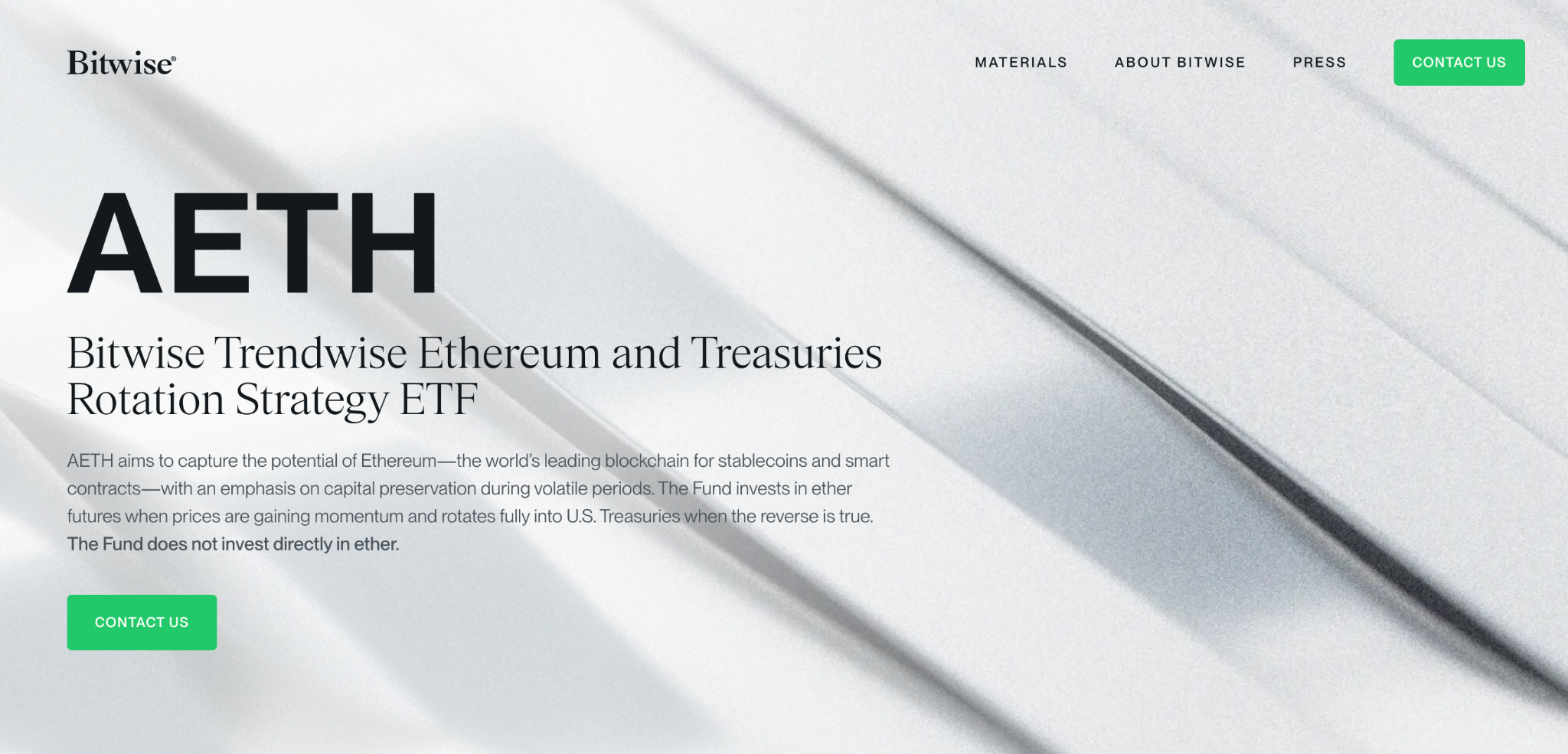
Bitwise Ethereum Strategy ETF is designed to capitalize on Ether futures contracts, aiming to simplify market access. Bitwise invests mainly in short-term CME Ether futures to mirror price movements.
- Issuer background: Bitwise was among the first to propose crypto index funds, with a focus on education and transparency.
- Expense ratio: Typically near 0.85–1.10%.
- Trading style: Futures-based, emphasizes short-term contracts.
- Potential plus: The sponsor has built a reputation on simplifying crypto investing for mainstream audiences.
- Potential drawback: Roll costs on futures contracts can affect performance in certain market conditions.
7. Invesco Galaxy Ethereum ETF

Invesco partnered with Galaxy Digital to roll out Ethereum-focused funds. This ETF relies on both futures and ETPs (exchange-traded products) in other regions for broader coverage.
- Issuer background: Invesco is one of the largest global ETF providers, collaborating with Galaxy for digital asset expertise.
- Expense ratio: Around 0.90%, at times slightly more competitive.
- Trading style: Blended strategy with a mix of futures and other Ethereum-focused instruments.
- Potential plus: A diversified approach may help minimize single-market risks.
- Potential drawback: The combined strategy can introduce some tracking complexity relative to pure spot holdings.
Below is a quick comparison table to help illustrate key differences. Console yourself that expense ratios and exact strategies change over time, so always verify the latest details.
ETF / Trust | Expense Ratio | Style | Issuer Reputation |
Amplify Ether Strategy ETF | ~0.95% | Futures | Reliable mid-cap |
Purpose Ether ETF | ~1.00% | Spot | Early mover |
CI Galaxy Ethereum ETF | ~0.95% | Spot | Strong custody |
VanEck Ethereum Strategy ETF | ~0.85–1.00% | Futures | Experienced firm |
Grayscale Ethereum Trust | ~2.00% | Trust format | Well-known |
Bitwise Ethereum Strategy | ~0.85–1.10% | Futures | Transparent firm |
Invesco Galaxy Ethereum ETF | ~0.90% | Hybrid | Large provider |
How to pick your best match
When you are choosing the best Ethereum ETF, it helps to clarify your priorities first. If you are primarily seeking price accuracy, a spot-based fund may be more appealing. If convenience and potential regulatory clarity matter more, a futures-based option could be a good fit. If you already have a preference for specific issuers—maybe you admire VanEck for its decades of investing experience—that alone may narrow your list.
Here are some quick tips to narrow your choice:
- Check daily volumes to gauge liquidity. Higher volume often means tighter spreads.
- Review each fund’s expense ratio. A few tenths of a percentage point can make a difference over years.
- Look for consistent pricing with minimal tracking error. Sometimes, futures-based funds deviate from Ether’s actual market value.
- Confirm tax implications in your region, especially if your jurisdiction treats crypto-based ETFs differently from equity-based ETFs.
- Evaluate your comfort with the underlying structure (spot vs. futures vs. trust). Each has unique risks and potential rewards.
Keep in mind, Ethereum-based products can be more volatile than traditional equity or bond ETFs. For instance, a 2023 analysis by a global research firm indicated that Ether’s average 30-day price swings were nearly 40% higher than the S&P 500 (depending on market conditions). That volatility can amplify gains but also magnify losses.
Frequently asked questions
- Is an Ethereum ETF safer than buying Ether directly?
An Ethereum ETF comes with certain regulatory benefits and no need to manage private keys. Still, you face market risks tied to Ether’s price movements. It is not a guarantee of safety, but it can reduce some operational headaches. - Can I hold multiple Ethereum ETFs in one portfolio?
Yes, you can. If one ETF is spot-based and another relies on futures, you might get varied exposure. However, be careful with overlapping fees and check whether it truly diversifies your risk or simply duplicates it. - How do futures-based Ethereum ETFs work?
They invest in Ether futures, which are contracts to buy or sell Ether at a future date. This can help you avoid storing actual Ether, but performance sometimes diverges from spot prices due to futures roll costs and other market factors. - What if an ETF is trading at a premium or discount?
An ETF can briefly trade above or below its net asset value. This usually reflects demand imbalances during the trading day. If you wait or use limit orders, you might reduce the risk of buying at a premium. - Is Grayscale Ethereum Trust the same as an ETF?
No. While it offers Ether exposure, it is structured as a trust that trades over-the-counter. That format has historically carried higher fees and the possibility of larger premiums or discounts compared to typical ETFs.
If you already hold another cryptocurrency — be it Bitcoin, USDT or something else — you can swap tokens for ETH at an exchanger.
Final thoughts and next step
Choosing the best Ethereum ETF is about balancing cost, market structure, and comfort. With a bit of research, you can find an ETF (or trust) that aligns with your risk tolerance and investment strategy. As crypto continues to evolve, more regulated products are likely to appear, giving you added ways to diversify.
